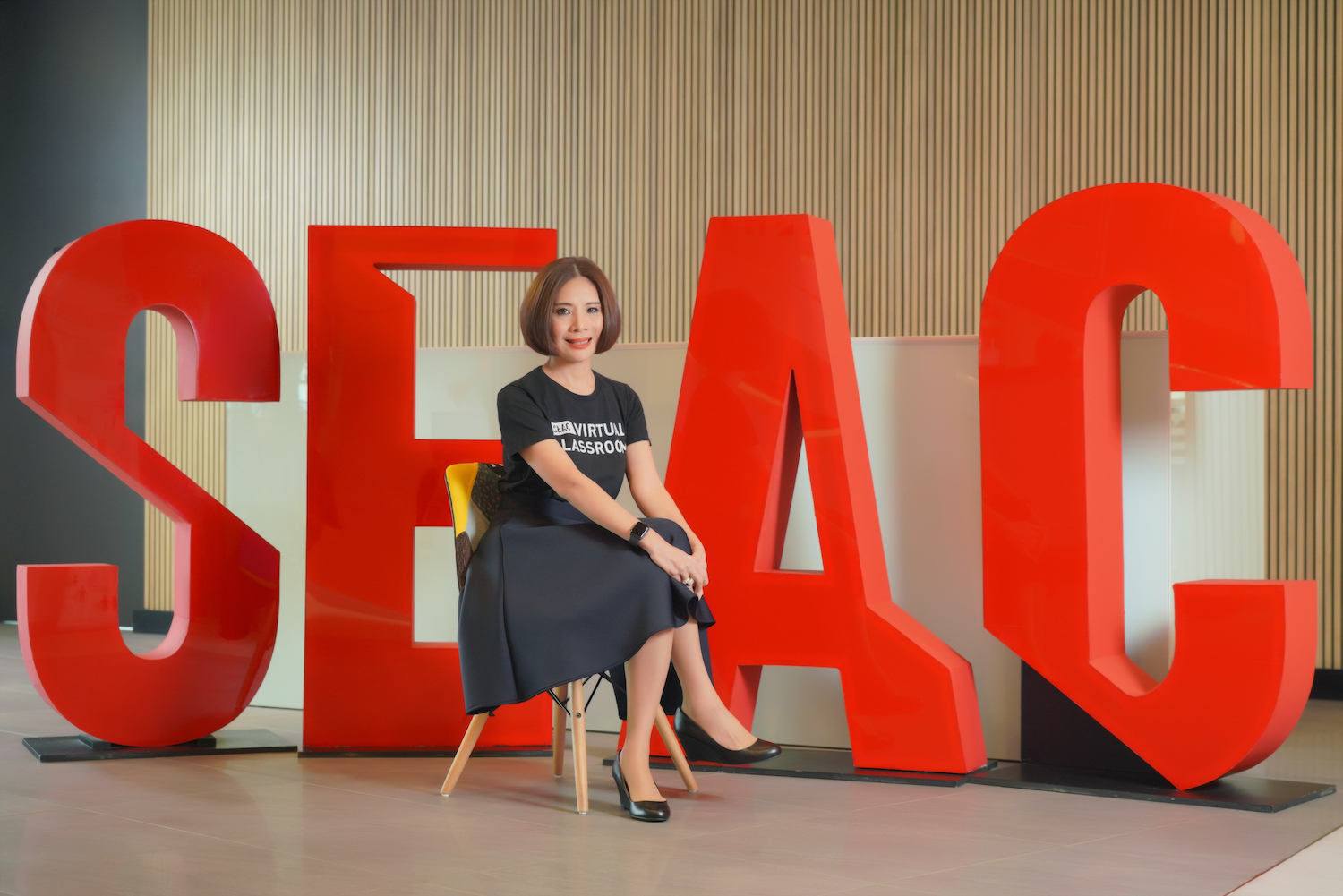
More and more of the leaders I speak to are turning their attention to the topic of soft skills. Many have invested in technical and digital skills. Now, they are wondering where to start with the soft skills.
The uncertainty about where to start is understandable given the current levels of ambiguity. It is not just in Thailand, and nobody can predict what will happen next. Many of the acclaimed workplace trends are not really trends yet. They are rather indicators of potential outcomes.
Some organisations are reluctant to invest resources without greater certainty. However, many leaders understand that it is essential to start somewhere. Only by developing the requisite soft skills will their businesses be able to make more effective use of their hard skills.
I have been doing some reading. A recent survey by LinkedIn found that 64% of learning and development professionals said filling the skills gap is a top priority. A report by the recruitment platform Monster found that 87% of employers reported having trouble finding qualified talent. The key is “qualified talent”, and not just people who have the skill sets businesses are currently missing. Most leaders are not seeking people with just one deep specialty, especially at higher levels.
Most leaders are looking for people who can execute and get things done. Getting things done now requires working with diverse groups. This requires soft skills. The World Economic Forum believes eight out of 10 future skills that will grow in prominence over the next five years are soft skills such as critical thinking, problem-solving, empathy, context sensing and collaboration. I tend to agree.
What is different now is that leaders need to develop a dynamic pool of skilled talent that can work in harmony with technological change and a transformed workplace and marketplace. The Asia Pacific region is growing, and it needs the necessary qualified talent to feed this growth.
Unsurprisingly, a lack of soft skills can mean failure or less than optimal results in business-critical areas. Organisational quality standards and customer experience suffer, and innovation decreases. Even the actual daily cost of managing people increases, and retention and engagement rates suffer. The word gets around, and young talent knows it is not a place to be.
Sufficient soft skills often make the difference between a high- and low-performing organisation. Research by the educational publishing group Pearson found that companies with higher productivity tend to focus more on soft skills than hard skills in their recruitment process.
I believe each leader needs to look at their organisation, department and team situation. They need to look at how their customers and industry are changing. Then they need to quickly start levelling up soft skills to fit the new reality. Where can a leader start?
Leaders who need to produce better ideas and approaches can start developing their teams’ critical thinking to understand what has changed and the new implications. They can develop their teams’ mental flexibility to shift with changes and let go of the past.
They also need to develop decision-making skills to grab emerging opportunities and innovate and problem-solving to overcome the never-ending wave of new problems. These leaders need to develop their people’s skills to demonstrate greater adaptability and flexibility among many others.
Leaders who need to improve understanding and innovation in their organisation can start elsewhere. They can develop their teams’ skills to work across generations and how to collaborate, especially in today’s hybrid world or work. Many organisation leaders find that developing storytelling skills helps their leaders and talents to be more engaging, convincing, and to imagine possibilities. Increasing creative capability helps people invent the new as the old becomes obsolete faster. Developing entrepreneurial thinking helps make everyone accountable for building the future business.
If your challenge is improving collaboration and relationships, leaders need to focus on building soft skills that will successfully support new collaboration and hybrid environments.
For many, I believe developing teamwork and collaboration skills is a priority, as does influencing for leaders in a workforce that no longer responds to a traditional hierarchy. Developing emotional intelligence that will help support people in a massively disrupted world is increasingly important, as is leadership to engage and empower people to contribute.
Soft skills are the personal attributes that enable someone to interact effectively and harmoniously with other people.
I agree with respected HR expert Josh Bersin who said: “Hard skills are soft. Hard skills change all the time, are constantly being obsoleted, and are relatively easy to learn. Soft skills are hard. Soft skills are difficult to build, critical, and take extreme effort to obtain.”
Difficult to build or not, I believe it is time for this subject to be on the radar of more leaders.
Arinya Talerngsri is Chief Capability Officer and Managing Director at SEAC — Southeast Asia’s Lifelong Learning Center. She can be reached by email at arinya_t@seasiacenter.com or https://www.linkedin.com/in/arinya-talerngsri-53b81aa. Talk to us about how SEAC can help your business during times of uncertainty at https://forms.gle/wf8upGdmwprxC6Ey9





